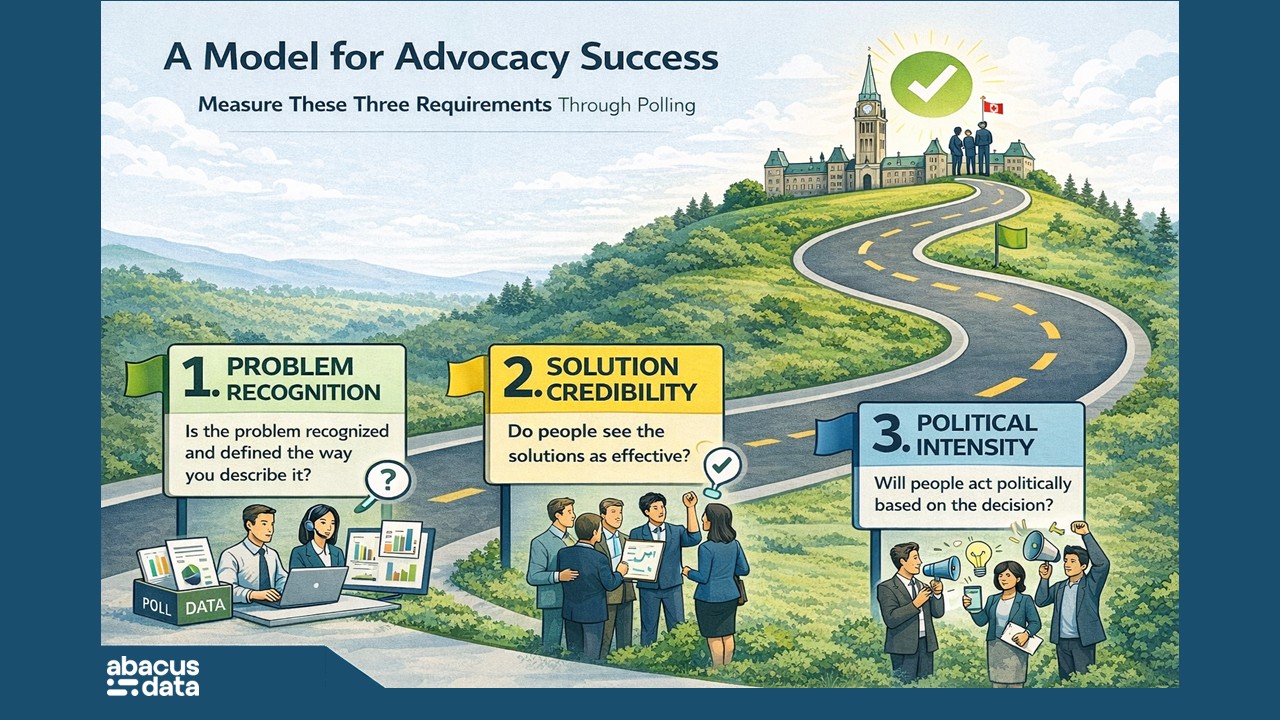What do Canadians think about virtual healthcare?
June 8, 2020
In mid-May, the Canadian Medical Association commissioned us to conduct a national survey to explore Canadian perceptions, impressions, and behaviours when it comes to virtual healthcare.
The full report can be found here.
The COVID-19 pandemic has caused disruptions in many parts of our daily life, including in the ways we can access the medical services we need.
Not being able to visit a doctor’s office might have led to frustrations. But instead, Canadians and their doctors have been able to connect, exchange information and advice, using different forms of communication.
Connected care has become widespread. Since the pandemic arrived, millions of patients and their doctors have used phone calls, emails, texts and videoconferences to substitute for in-person consultations.
KEY FINDINGS
1) Almost half of all Canadians have now accessed a physician using virtual care options and they are highly satisfied with the results.
2) Those who connected with their doctor virtually during COVID-19 report a 91% satisfaction rate – 17 points higher than in-person emergency room visits.
3) Over 1 in 3 Canadians would prefer virtual contact with a physician as their first point of contact after the pandemic. Among those who have used virtual care since the pandemic, almost half would prefer it as their first point of contact.
4) Almost half (46%) of Canadians who had the opportunity to use virtual care since the pandemic outbreak would prefer a virtual method as the first point of contact with their doctor.

5) Half or more believe that if more people used virtual care as the first point of contact in the future, convenience for the average patient would improve (59%) while the cost to the health system would decline (50%). Few (19%) think the quality of care for routine needs would get worse.

The full report can be found here.
METHODOLOGY
The survey was conducted with 1,800 Canadian residents from May 14 to 17, 2020. A random sample of panellists were invited to complete the survey from a set of partner panels based on the Lucid exchange platform. These partners are typically double opt-in survey panels, blended to manage out potential skews in the data from a single source.
The margin of error for a comparable probability-based random sample of the same size is +/- 2.31%, 19 times out of 20.
The data were weighted according to census data to ensure that the sample matched Canada’s population according to age, gender, educational attainment, and region. Totals may not add up to 100 due to rounding.
ABOUT ABACUS DATA
We are the only research and strategy firm that helps organizations respond to the disruptive risks and opportunities in a world where demographics and technology are changing more quickly than ever.
Find out more about what we are doing to help clients respond to the COVID-19 pandemic.
We are an innovative, fast-growing public opinion and marketing research consultancy. We use the latest technology, sound science, and deep experience to generate top-flight research-based advice to our clients. We offer global research capacity with a strong focus on customer service, attention to detail and exceptional value.
We were one of the most accurate pollsters conducting research during the 2019 Canadian Election.

Contact us with any questions.
Find out more about how we can help your organization by downloading our corporate profile and service offering.



